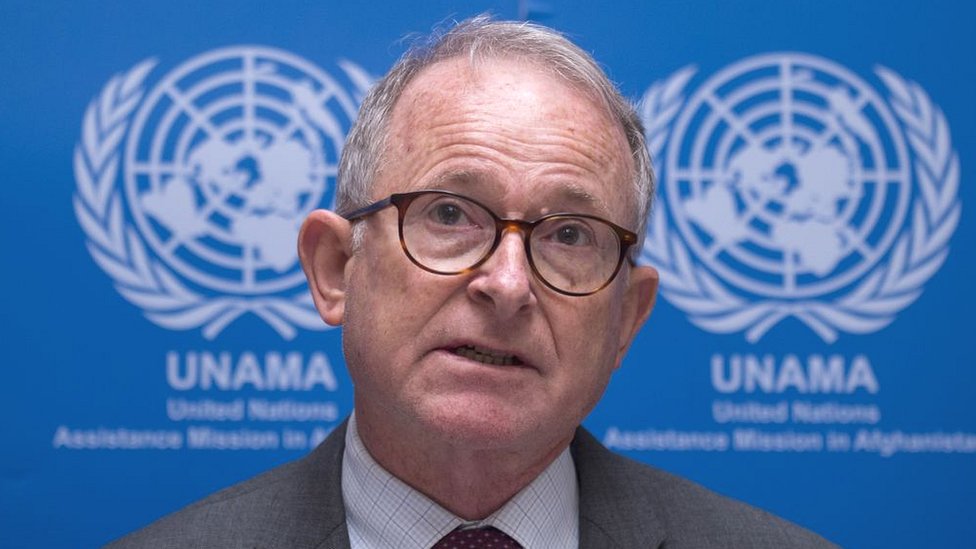The public execution of four individuals by the Taliban in the provinces of Badghis, Farah, and Nimroz has sparked strong reactions from international organizations and human rights advocates.
Richard Bennett, the UN Special Rapporteur on the situation of human rights in Afghanistan, expressed his regret over the incident on Friday, April 11, and emphasized that public executions and corporal punishments carried out by the Taliban are “a clear violation of international law” and must be “immediately halted.”
In a post on the social platform X (formerly Twitter), Bennett wrote:
“I regret the public execution of four individuals today in Badghis (2 cases), Farah, and Nimroz provinces, and I reiterate that such executions and public corporal punishments carried out by the Taliban are a clear violation of international law and must be immediately stopped.”
Alongside the UN official’s response, several human rights activists also condemned the Taliban’s actions, calling them contrary to the fundamental values of human rights. They stressed that enforcing such brutal punishments without access to fair trials highlights the ongoing pattern of systematic human rights violations under Taliban rule in Afghanistan.
This is not the first time the Taliban has conducted public executions, but the severity and simultaneity of these recent cases have heightened international concerns.
International organizations have repeatedly called on the Taliban to cease inhumane, cruel, and degrading punishments and to adhere to global human rights standards. Despite this, the Taliban continues to carry out public executions under the principle of Qisas (retributive justice).




